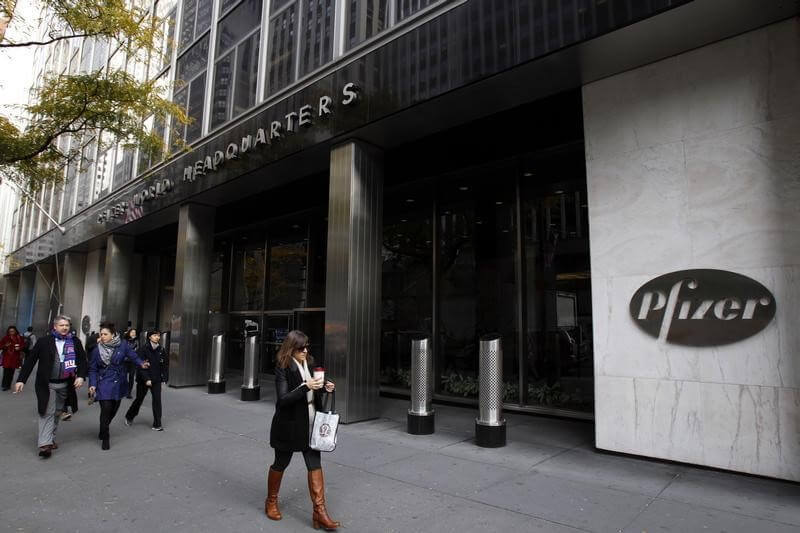By Olivia Oran and Nadia Damouni
NEW YORK (Reuters) – Several high-ranking bankers have left their jobs at major investment banks in the last 13 months amid a surge in U.S. healthcare deal activity to seek better compensation at boutique investment banks as well as to participate in the growth of the industry at biotech companies themselves. JPMorgan Chase & Co and Bank of America have both lost senior healthcare investment bankers to boutique investment bank Guggenheim Partners, showing that banks face challenges in being able to pay competitive rates. The biggest U.S. banks are under pressure from regulators to preserve more capital, rather than use M&A fees to pay higher bonuses. “The volume of transactions across healthcare is extreme and so the banker merry-go-round begins,” said Paul Heller, the leader of executive recruiting firm Caldwell Partners’ financial services practice. There’s been $92.5 billion worth of U.S. healthcare merger activity so far this year, 73 percent more than in the same period last year, driven by 242 deals. Healthcare has been the busiest sector for deals so far this year, fueled by transactions such as Pfizer Inc’s U.S. healthcare investment banking fees, meanwhile, have topped $1.9 billion since January, up more than 37 percent from the same period last year.
Average annual pay for a healthcare investment banking managing director – the most typical role for a senior banker — is roughly $1.5 million to $2 million, according to recruiters and bankers, and hasn’t budged much in recent years despite the rise in M&A activity. Wall Street compensation rose about 4 percent on average last year, according to financial industry recruiting firm Options Group. Some large banks are hoping to stem the flow of banker departures by offering one-year pay guarantees for top performers, according to industry bankers.
Guggenheim Partners said in March that Joseph Kohls, a former Bank of America Corp Kohls helped advise medical device company Biomet Inc on its $13.4 billion acquisition by Zimmer Holdings Inc Bankers can often negotiate a 30 to 50 percent pay raise for their first-year compensation at a new bank if they jump ship, according to recruiters and bankers. Free from many of Wall Street’s regulations, a boutique investment bank can also offer bankers hefty commissions on individual deals. Some boutique banks are luring rainmakers with the promise of taking home a large percentage of the fees they generate, bankers and recruiters said, a practice rarely seen at the bigger banks.
Boutiques can also offer their bankers compensation in cash, while a large portion of pay at larger banks remains tied up in stock.
Neither Kohls nor Hoffman responded to requests for comment.
Meanwhile, Goldman Sachs Group Inc Former Credit Suisse investment banker Mark Page joined biotech Macrocure Ltd “My whole banking career was to help set me up for an opportunity like this,” Page said.
Kim, Woodhouse and Harr all declined to respond to requests for comment.
These bankers may benefit by taking executive roles at biotech companies and receiving stock as part of their compensation, in a bet that the share price will go up. The Nasdaq Biotechnology index has risen 66 percent in the last 12 months. “The potential equity upside on the corporate side is as attractive today than it ever has been compared to Wall Street compensation,” said Burke St. John, vice chairman and head of the global financial services practice at executive search firm CTPartners. “It might take you two or three times as long on a more traditional Wall Street career path to earn what you could make working for the right client.” (Reporting by Olivia Oran and Nadia Damouni in New York; Editing by Greg Roumeliotis and John Pickering)
Banks see talent flee amid healthcare M&A boom

By Olivia Oran and Nadia Damouni























